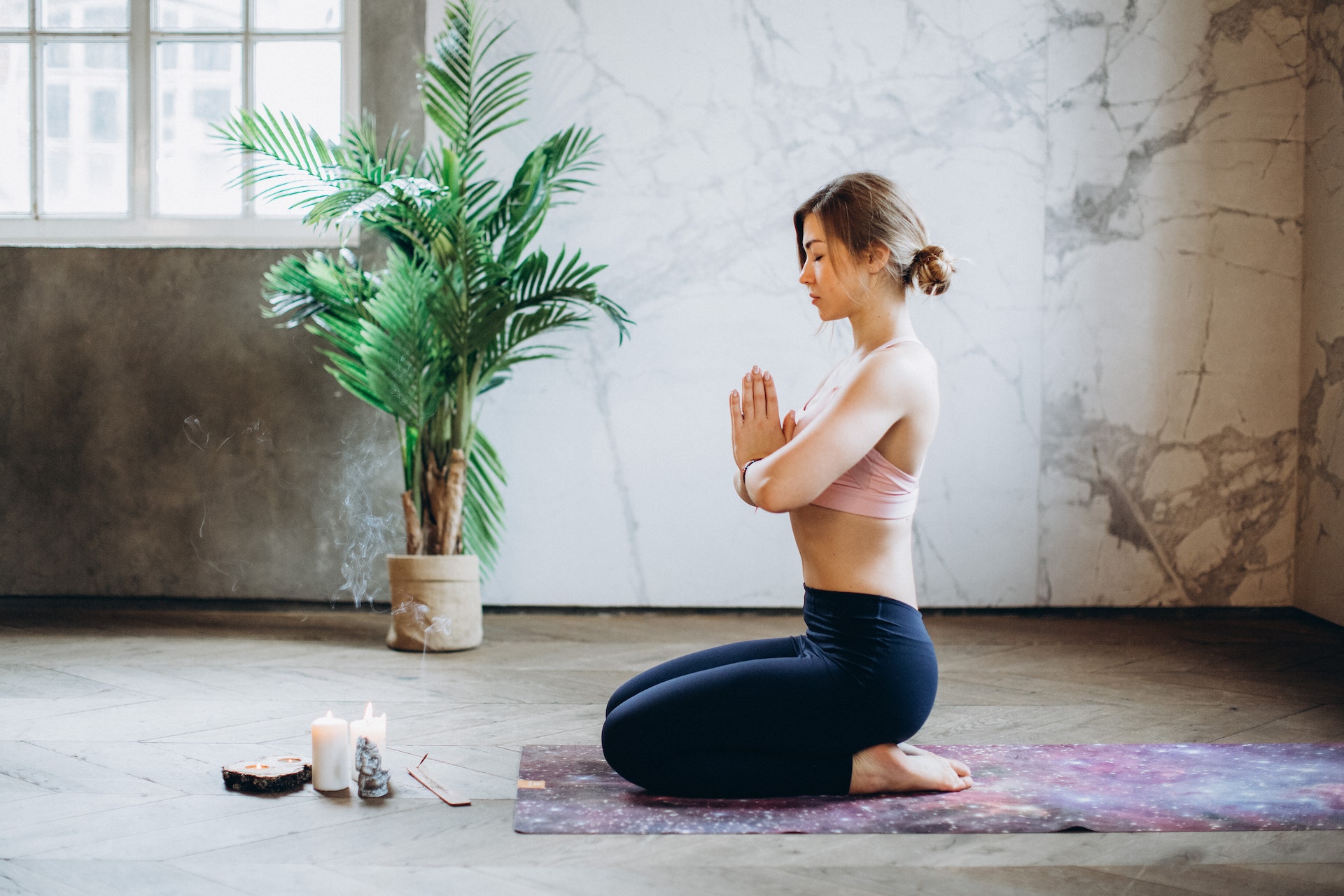Do you feel like fear and anxiety are constantly holding you back? Do you feel like you’re never good enough, and that you can’t do anything right? If so, know that you’re not alone. Millions of people around the world struggle with fear and anxiety on a daily basis. But don’t worry – there is hope. In this blog post, we will discuss the best ways for a person to overcome fear and anxiety. We will also provide some helpful tips and resources that can make the process of building your confidence a little bit easier. So if you’re ready to start taking control of your life, keep reading!
Overcoming Fear and Anxiety – The Best Ways To Do So
People will face different situations as they go through life. So you should also expect to face a wide range of emotions and feelings that are associated with those specific situations. Of course, this means you will experience strong emotions such as fear and anxiety from time to time. However, it is essential to understand that even these emotions are a normal part of human life.
For example, did you know that fear can be beneficial? Fear can alert you to potential danger and motivate you to remove yourself from a setting that is potentially harmful. But when fear becomes all-encompassing, it can start to take a negative toll on your life. If you believe your development is being hindered by irrational fear or anxiety, you may need to make some lifestyle changes to reach your full potential.
The people behind Light In The Darkness have suggested several excellent ways you can start to overcome fear and anxiety. These tips can help you to feel better about yourself and regain control of your life. Of course, you may need to make slight modifications to each suggestion in order to fit your own unique circumstances. And remember to stay positive and motivated, especially if you experience any initial obstacles or setbacks.
Exercise Regularly
Physical exercise is a great way to reduce your stress levels and promote healthy living. In addition, it has been proven that engaging in physical activity releases endorphins, which help improve your mood. Going for regular runs, walks, or bike rides in a natural setting can be beneficial for dealing with anxiety and fear, as well as increasing your overall well-being.
Physical activity helps to reduce stress hormones in the body and helps to relieve muscular and mental tension. Exercising daily also gives you a health way to vent negative emotions and feelings.
While physical exercise is great for physical and mental health, it is important to remain balanced. If you plan to go to the gym or practice a specific sport, try to set realistic goals and avoid comparing yourself to others. Unrealistic goals or comparisons may lead to feelings of insecurity or discouragement.
Talk To Other People
Talking to others who understand what you’re going through can be extremely beneficial on your journey to overcoming fear and anxiety. It can be helpful to talk to a therapist, friend, family member, or even just someone online who is willing to listen and offer support. You can also join online support groups or forums so that you can connect with other people who are facing similar struggles. You may also get helpful advice and suggestions that you haven’t considered before.
Talking about your feelings and experiences can help to lighten your emotional burden and remind you that you are not alone in your battle against irrational fear and anxiety. Having others to rely on and share your struggles with can be a great source of strength and comfort in difficult times.
Focus On Your Breathing
When you are in a stressful situation your breathing may become more shallow and rapid. This type of breathing increases tension in the body, which can make you feel even more anxious or fearful. To help manage this feeling, focus on your breathing pattern for a few minutes and try to deepen it. Deep breathing relaxes the body and helps reduce feelings of fear and anxiety. You can also incorporate some relaxation techniques such as yoga, progressive muscle relaxation, or guided imagery. These activities can help you to focus on your inner self instead of any external stressors that may be contributing to your distress.
Practice Mindfulness Meditation
Mindfulness meditation is a great way to clear your mind, improve your focus and reduce the stress you feel. By practicing mindfulness meditation, you can become more aware of the present moment. This helps to bring you back into the “now” so that you are no longer focusing on regrettable things that may have happened in the past, or worrying about what may or may not happen in the future. Mindfulness meditation is a very effective way to manage anxious thoughts. Best of all, it can be done virtually anywhere, so you can use it in stressful social situations without drawing the attention of other people.
Make Time To Take Care of Yourself
Almost everyone has a busy schedule these days. However, it is very important to make time to care for your personal needs, especially if you have issues with irrational fear or anxiety. Make sure that you get enough sleep, eat healthy meals and snacks, and drink plenty of water. Also make time to participate in healthy activities you enjoy.
If you have anxiety issues you may need to limit your intake of caffeine and alcohol. You should also avoid taking illicit drugs. Although your schedule may be packed, try to set aside time for yourself each day. For example you could take a relaxing bath or a walk in nature. Find something that makes you feel at peace and brings you joy.
Seek Professional Help
Do you have strong symptoms of anxiety that you are unable to manage on your own? Do these symptoms interfere with your ability to function on a daily basis? If so, you may need to seek professional mental health care.
Working with a licensed therapist is a great way to get your fear and anxiety under control. Depending on your specific needs, your therapist may use one or several treatment options. One of the most popular treatment methods today is cognitive behavioral therapy (CBT). CBT is a type of talk therapy that can help you to gain insight into the underlying reasons for your anxiety and challenge your negative thinking patterns so that you can think more positively and feel better.
If your anxiety symptoms are severe, a psychiatrist may give you a prescription for anti-anxiety medication. These drugs are specially designed to reduce worrisome thoughts and other anxiety symptoms. In some cases, your therapist may recommend a combination of talk therapy and medication. Some people have also benefited from alternative treatment options such as acupuncture, massage therapy, and herbal supplements.
When it comes to treating fear and anxiety, there is no one-size-fits-all solution. So it is important to find the methods that work best for you. Remember to be patient with yourself and seek social or professional support from others. If you do, you can overcome your issues and live your life to the fullest.



